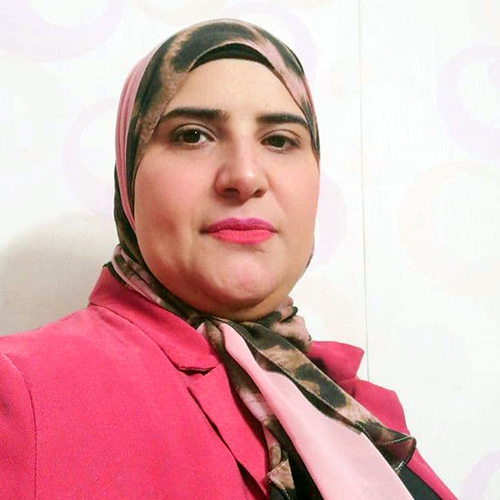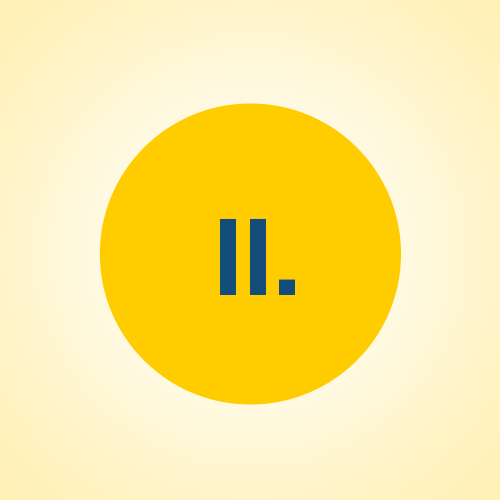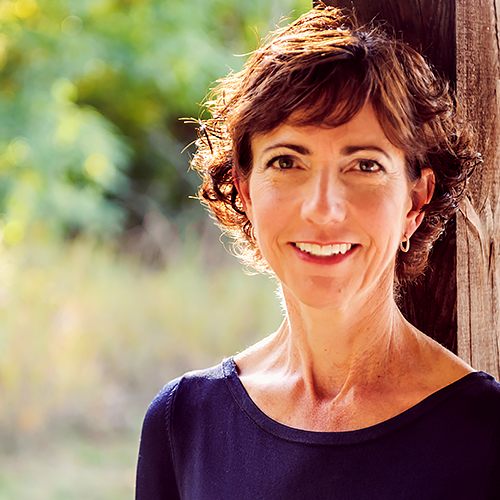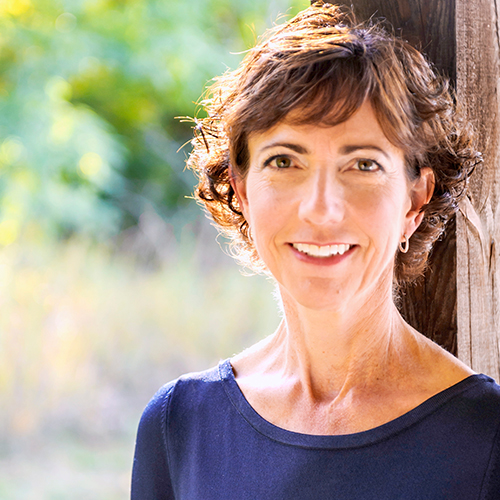 Donor Human Milk for Preterm Infants Online Course(s) & Continuing Education
Donor Human Milk for Preterm Infants Online Course(s) & Continuing Education
Access the latest clinical skills and research for Donor Human Milk for Preterm Infants for NEONATOLOGY professional training. These Donor Human Milk for Preterm Infants online courses provide practice-changing skills and valuable perspectives from leading global experts. This Donor Human Milk for Preterm Infants education has been accredited for a variety of CEUs / CERPs and can be accessed on-demand, at your own pace.
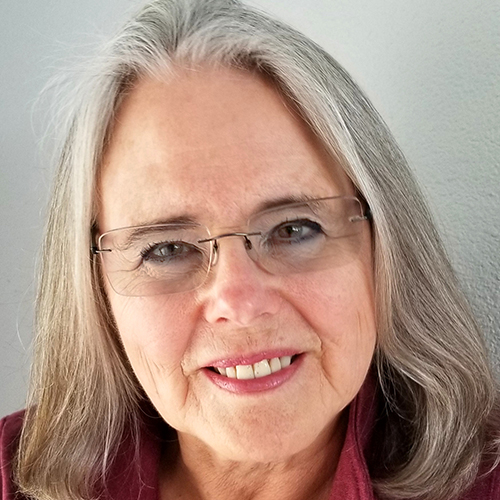
Donor Human Milk and Human Milk Products in the NICU

After 37 years as an attending neonatologist and 18 years as medical director of lactation services, Nancy retired from clinical practice 2019. She graduated from medical school and did her training in pediatrics at the University of North Carolina, Chapel Hill. She did her fellowships in Neonatal-Perinatal Medicine and ECMO at UCSD Medical Center in San Diego. She has been a board-certified lactation consultant since 1988.
Nancy co-founded the San Diego County Breastfeeding Coalition in 1994. She was the Breastfeeding Coordinator for AAP CA Chapter 3 from 1992 until 2020, Board Member of HMBANA 2015-2019 and established the first Donor Milk Depot in San Diego over 25 years ago. Nancy is a past president of the Academy of Breastfeeding Medicine. She wrote, and continues to update, the very first ABM Protocol on Hypoglycemia and Breastfeeding.
In 2014 Nancy was awarded the Golden Wave Award by the California Breastfeeding Coalition for her efforts to reduce obstacles to breastfeeding in California, and the WIC Breastfeeding Champion Award in 2017. She received AAP Special Achievement Awards in 1997 and 2021 for her breastfeeding education and promotion efforts.
On a personal note, she is the mother of a (formerly breastfed) archaeology student and lives in San Diego, CA, with her significant other, their dog, Darwin, and a beautiful view of the ocean.
Topic: NICU Nutrition: Best Practice for Best Outcomes - [View Abstract]
Topic: NICU Nutrition: Current Status, Opportunities & Challenges - [View Abstract]
The preferred feeding for all NICU infants is human milk, preferably started on day 1. If mother’s own milk is not immediately available, the clinician should consider the use of heat-treated donor human milk (DHM), which has most of the properties of fresh human milk (immunoglobulins, growth and developmental hormones, enzymes, anti-inflammatory factors, etc.), is sterile, and reduces NEC while improving feeding tolerance. The use of human milk and human milk-derived products has been steadily increasing in world-wide NICUs. In many areas of the USA, it is the standard of care. We will explore the benefits and risks of various donor human milk products, as well as the cost-effectiveness, and challenges for NICUs in using these products.

View Details / Enroll
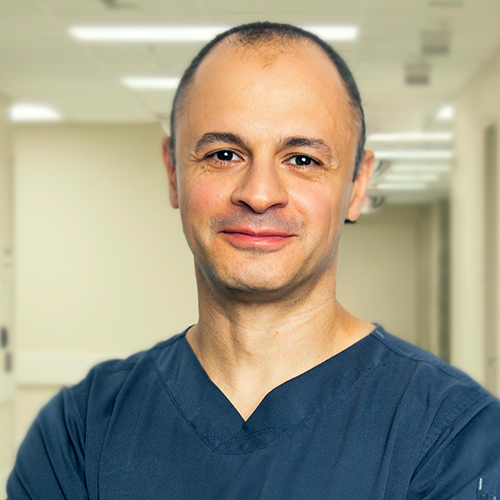
Mother's Own Milk Versus Donor Human Milk in the NICU: Practical Recommendations for Individualized Care

Prof EL-Khuffash is a Consultant Neonatologist and Paediatrician. He is a qualified International Board Certified Lactation Consultant. His two primary clinical and research areas of expertise are heart function in neonates and the promotion of breast feeding, and breast feeding support, to new mothers. He also has extensive expertise in general feeding issues encountered by babies over the first few months.
Prof EL-Khuffash sees families for prenatal breast feeding and fetal anomaly consultations and postnatal infant assessment, 2 and 6 week checks, and breastfeeding/general support including early irritability and reflux in his consultation rooms in the Rotunda Private Clinic.
Prof EL-Khuffash has considerable knowledge of breast feeding medicine and experience in providing antenatal and postnatal breast feeding advice and support to new mothers. This includes identifying and addressing challenges to breastfeeding in both the mother and the baby. He also specialises in general feeding difficulties and early feeding issues encountered by babies.
Prof EL-Khuffash graduated from Trinity College, Dublin in 2002 and enrolled in the Royal College of Physicians of Ireland paediatric specialist training scheme in 2005. He completed a Doctor of Medicine (MD) degree in University College, Dublin in 2008 and his neonatal specialty training in Toronto, Canada (2009-2011). Following this, he was appointed as a consultant Neonatologist and Assistant Professor of Paediatrics at the University of Toronto in January of 2011. He obtained a diploma in clinical epidemiology during his time in Toronto. He is the recipient of several national and international research awards, with international peer reviewed publications and keynote presentations and the lead for cardiovascular research, supervising several post graduate PhD candidates.
Topic: Mother's Own Milk Versus Donor Human Milk in the NICU: Practical Recommendations for Individualized Care - [View Abstract]
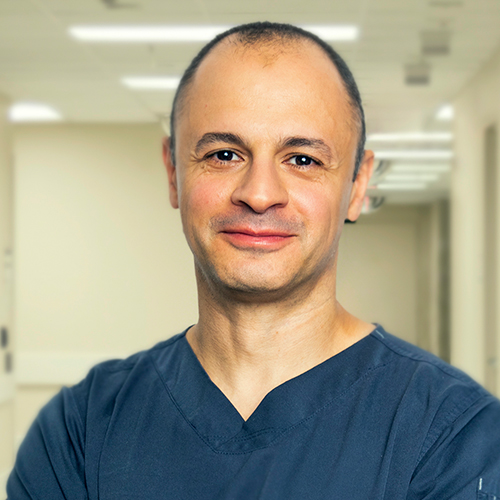
View Details / Enroll
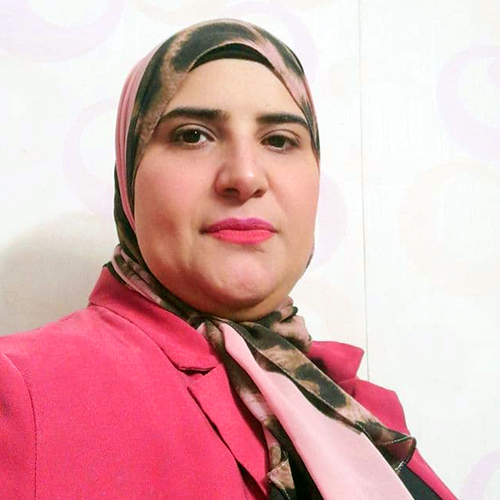

Dr.Fayrouz Essawy Pediatrician, Neonatologist, IBCLC • Neonatology Consultant • Bachelor of Medicine and surgery - Cairo University 2004 • Master degree of pediaterics - Ain shams University 2012 • Egyptian neonatology fellowship 2015 • IBCLC 2015 • LCCC course instructor & developer 2016 • Breastfeeding medicine specialist. • Baby friendly coordinator. • Harvard Graduate of Training of trainee program 2020. • Member of the Egyptian Society of Pediatrics • Member of the Egyptian lactation consultant association (ELCA) • Member of the academy of breastfeeding medicine (ABM) • Member of the international lactation consultant Association (ILCA)
The feeding of breast milk during the NICU admission reduces the risk of short-and long-term morbidities especially in premature infants. Breastmilk provides immunological, anti-infective, anti-inflammatory, epigenetic, and mucosal membrane protecting properties. The mechanisms by which human milk provides its protection are varied. These mechanisms include immunological and specific unique human milk components that are not present in formula. Thus, the feeding of mother’s own breastmilk should be a NICU priority and every NICU should have a breastmilk storage and handling policy. In this presentation we will discuss how we can counsel parents about the infection control measures and guidelines related to storage, handling and administration of breastmilk to babies in the NICU. Learn more about hospital grade pumps, pumping at home vs pumping in hospital setting, prevention and management of potential mistakes such as giving a child another mother’s milk and how to handle and store fortified breastmilk.

View Details / Enroll
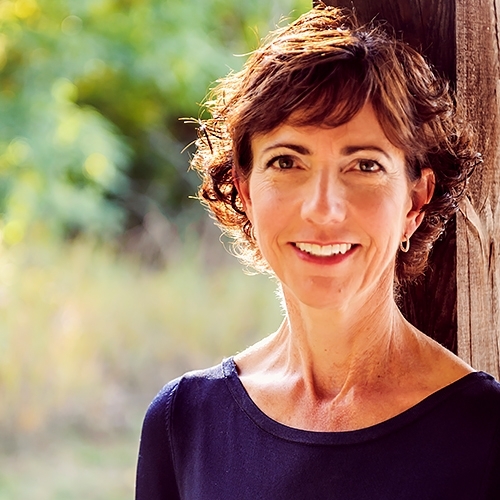

Dr. Sharon Unger comes from the East Coast of Canada and is a neonatologist at Sinai Health System in Toronto, Canada. She is a co-primary investigator for the Canadian Institutes of Health Research funded OptiMoM and MaxiMoM programs of research as well as the medical director for the Rogers Hixon Ontario Human Milk Bank. Her research interests are primarily in the use of human milk for the high risk neonate and its long term impact.
Mother’s milk is the unequalled nutritional source for the preterm or medically fragile neonate. Beyond its nutritional impact, it contains a myriad of bioactive molecules that are of particular health importance for the sick neonate. A majority of mothers who are pump dependent with an infant in a neonatal intensive care unit have an incomplete supply of their own milk. In this instance, human donor milk is an important supplement to have available while the mother is supported to increase her own milk supply. This lecture will focus on various aspects of the use of human donor milk including a review of the differences between mother’s milk and donor milk and the current methodologies used for processing donor milk. Recommended clinical guidelines will be discussed that are based on the evidence for short and long term health outcomes following the use of donor milk in the neonatal period. Future considerations will be explored including ethical issues with respect to donor milk use.
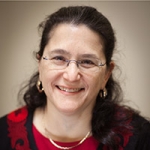

Naomi Bar-Yam, PhD, ACSW, has been working in maternal and child health for over 30 years as an educator, researcher, advocate, and writer. She is the immediate past president of the Human Milk Banking Association of North America (HMBANA) and the founding director of Mothers’ Milk Bank Northeast, which provides safe donor milk to hospitals and families throughout the northeastern US. An expert on access to perinatal health care and policies that support breastfeeding, she has been a consultant to the Centers for Disease Control (on a panel that created “The CDC Guide to Breastfeeding Interventions”), to the United States Breastfeeding Committee (developing an issue paper addressed to CEOs and legislators on breastfeeding and the workplace), and to the March of Dimes (developing educational material for women and families who are medically and socially vulnerable to high-risk pregnancy). She also developed a curriculum for hospital personnel about combining breastfeeding with their work. She reviews articles submitted to the Journal of Human Lactation, Breastfeeding Medicine, and other publications related to breastfeeding, milk banking, and access to perinatal child care. As Executive Director of Mothers’ Milk Bank Northeast, she is thoroughly versed in the technical, procedural, and ethical aspects of milk banking. She often speaks at professional conferences, hospital staff trainings, and grand rounds about milk banking and breastfeeding policies.
Topic: Ethical Concerns in Human Milk Exchange - [View Abstract]
Topic: Getting Milk to Babies: Social, medical, economic and commercial forces - [View Abstract]
Topic: The Whys and Hows of Using Banked Donor Milk - [View Abstract]
As the research on the importance of human milk increases, the use of donor human milk for premature, fragile babies is likewise increasing, New milk banks are being established all over the world. This development raises many practical, research and ethical questions. This talk covers: i) current research on the benefits, challenges and appropriate uses of donor human milk; ii) safety of pasteurized donor human milk; and iii) practical aspects of using banked human milk in NICUs and other hospital units.
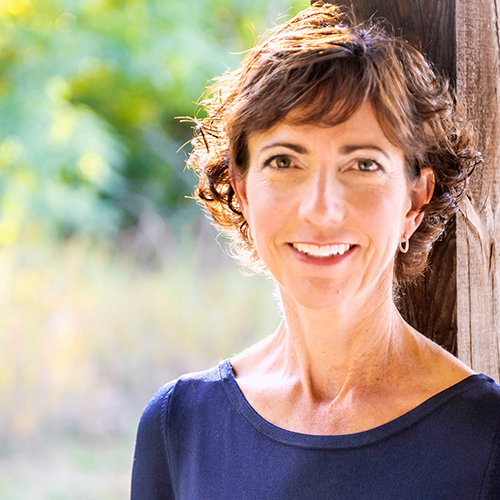

Dr. Unger is a neonatologist at Sinai Health in Toronto, Canada. She is the medical director of the Roger Hixon Ontario Human Milk Bank and a professor of pediatrics at the University of Toronto. She is a co-primary investigator for the Canadian Institutes of Health Research funded MaxiMoM: Maximizing Mother’s own Milk Program of research. Dr Unger graduated from medical school at Dalhousie University on the east coast of Canada. She is the proud mother of three teenage daughters.
Although human milk confers important health promotion benefits to all infants, vulnerable babies admitted to an NICU stand to benefit even more. Their parents are typically strongly motivated to provide their own milk, although for a variety of reasons, such as parental ill health and stress (often complicated by the pandemic), parents may not have a full volume of their own milk. In this case, donor milk is the recommended supplement to bridge until parent’s milk is available. There is strong research evidence to support the use of human donor milk in preterm infants to prevent necrotizing enterocolitis, while there is less available evidence for the use of donor milk in late preterm infants. There are important differences between parent’s milk and donor milk with respect to their nutrient and non-nutrient components which may be secondary to processing techniques used in creating batches of donor milk. It is important to understand these differences and be able to interpret nutritional labelling on donor milk. Newer techniques in pasteurization may address some of the losses of bioactive molecules in human milk.

View Details / Enroll





